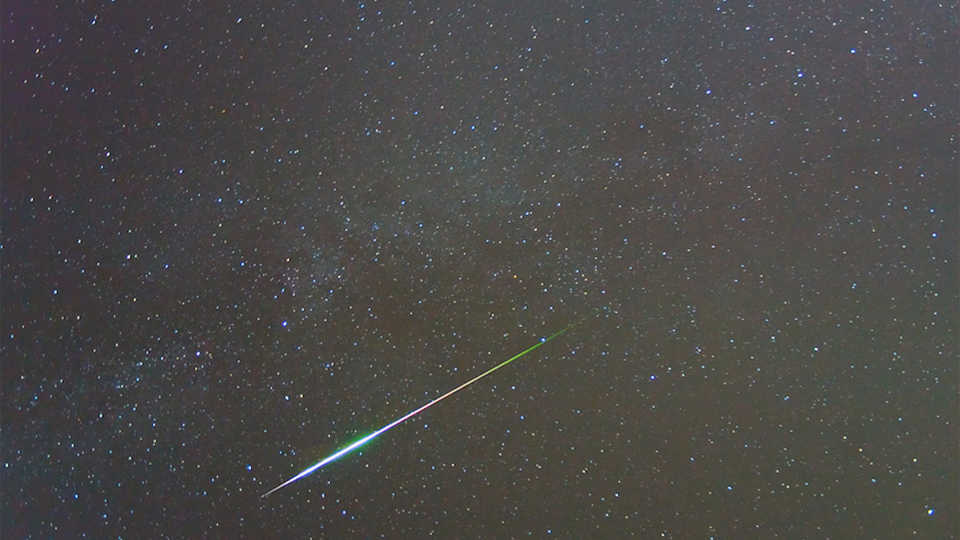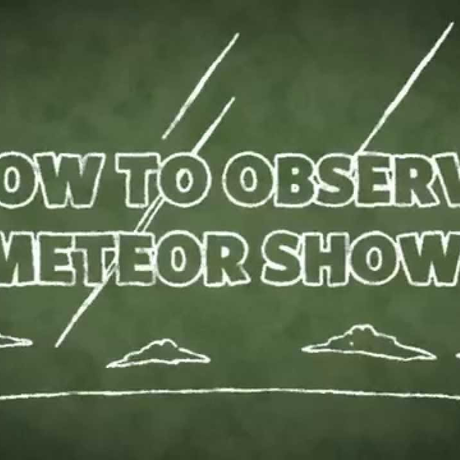Science News
Meteors Aplenty!

Summer is a rough time for astronomers, especially in foggy San Francisco. On an average night, it can be tough to see much except the brightest stars and planets. However, if you needed incentive to get away from city lights and visit a dark sky to see something special, we have two meteor showers overlapping next week.
While meteor showers can typically be seen for a few weeks, they do have peaks. August 11-14 both the Perseids (a major and reliably bright shower) and the Delta Aquarids (a more minor but long-running meteor shower) will be near peak activity. These predicable concentrations of meteors occur as Earth moves into the paths of cometary debris left behind by Comet SwiftTuttle and 96P Machholz. Bits of debris fall to Earth and impart energy into our atmosphere, inducing a brief glow. Meteors can vary greatly in brightness and visibility, but the longer you watch, the better your chances are of seeing one. Some compare a meteor watching session to a fishing trip: “Remember… meteor showers are like fishing. You go, you enjoy nature… and sometimes you catch something.” While this double feature occurs every year, this one is very well timed due to the moon’s phase. The brightness of a full moon can greatly detract from what would otherwise be a perfect stargazing night. But, thankfully, the moon will be close to new and barely visible next week.
The most important tools for a meteor shower are a comfy chair, warm clothes, and a thermos of your favorite hot drink. Binoculars are a nice but unnecessary addition, good for some stargazing but useless for spotting meteors. Start looking in the early evening, but be aware that the real show will likely start a bit later, as the constellation Perseus gets higher in the sky and more meteors will be visible. The Delta Aquarids will trickle in all evening but hit their peak right before sunrise—better for night owls. The answer to the biggest question, “Where should I go to see them?” can be a little tough. As always, weather can trump the best laid plans, but light pollution is easier to avoid. DarkSkyFinder.com is useful to find the darkest spots within your travel radius. Chances like this are not once in a lifetime, but they are a great excuse to go out and do some serious stargazing!
Image: Andreas Möller/Wikimedia Commons
